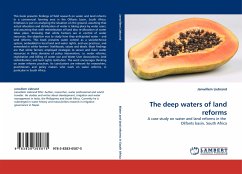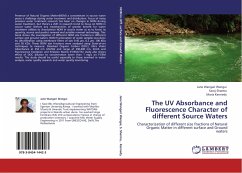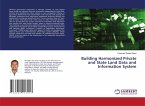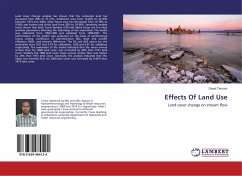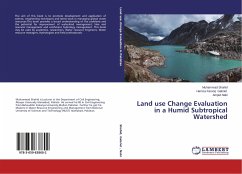This book presents findings of field research on water and land reforms in a commercial farming area in the Olifants basin, South Africa. Emphasis is put on analyzing the situation on the ground, assuming that actual allocation and distribution of water is taking place by water users, and assuming that with redistribution of land also re-allocation of water takes place. Knowing that white farmers are in control of water resources, the objective was to study how they anticipated water and land reforms. This book presents water control as a sociotechnical system, embedded in local land and water rights, and use practices, and enmeshed in white farmers livelihoods, values and ideals. Main findings are that white farmers employed strategies to secure and claim water resources in three domains of policy intervention, i.e. water reforms; registration and billing of water use and Water User Associations; land redistribution; and land rights restitution. The work encourages thinking on water reforms practices. Its conclusions are relevant for researchers, practitioners and policy makers who work on water reforms, in particular in South Africa.
Bitte wählen Sie Ihr Anliegen aus.
Rechnungen
Retourenschein anfordern
Bestellstatus
Storno

